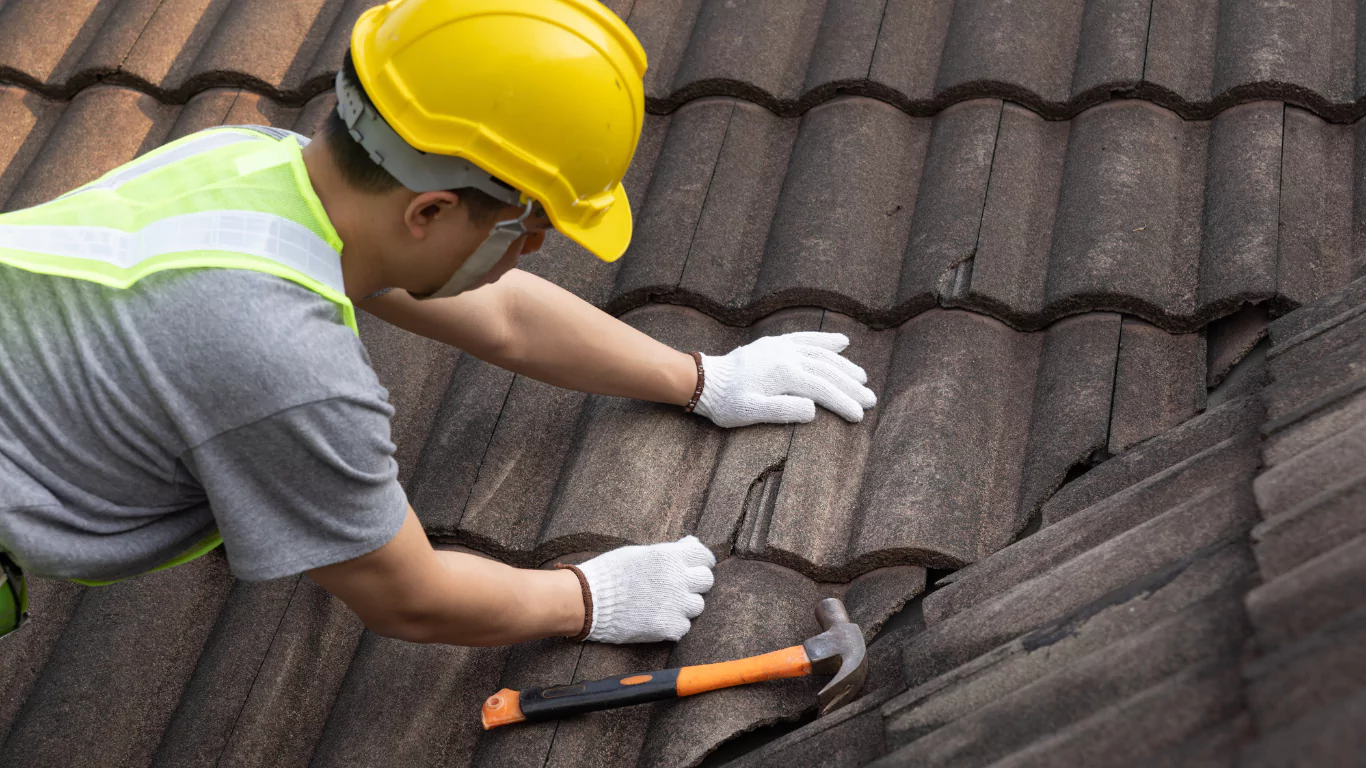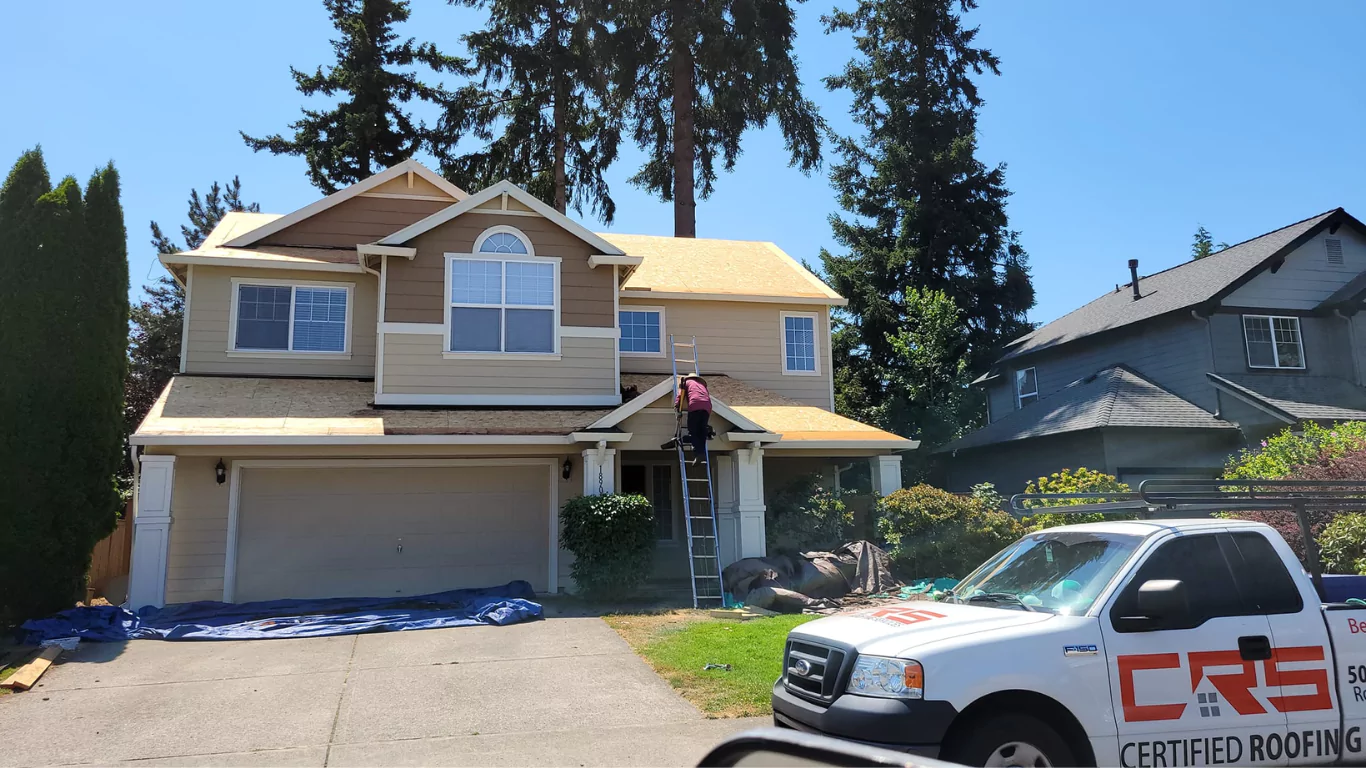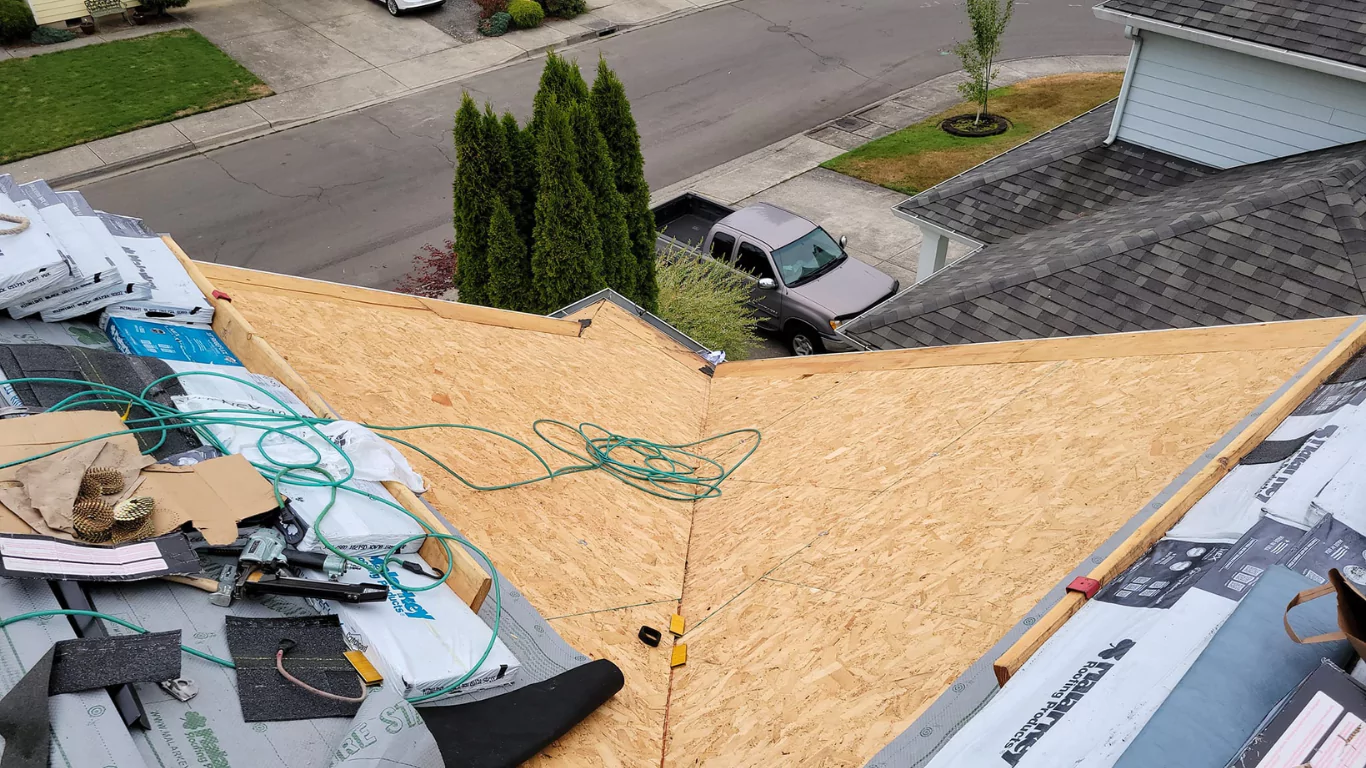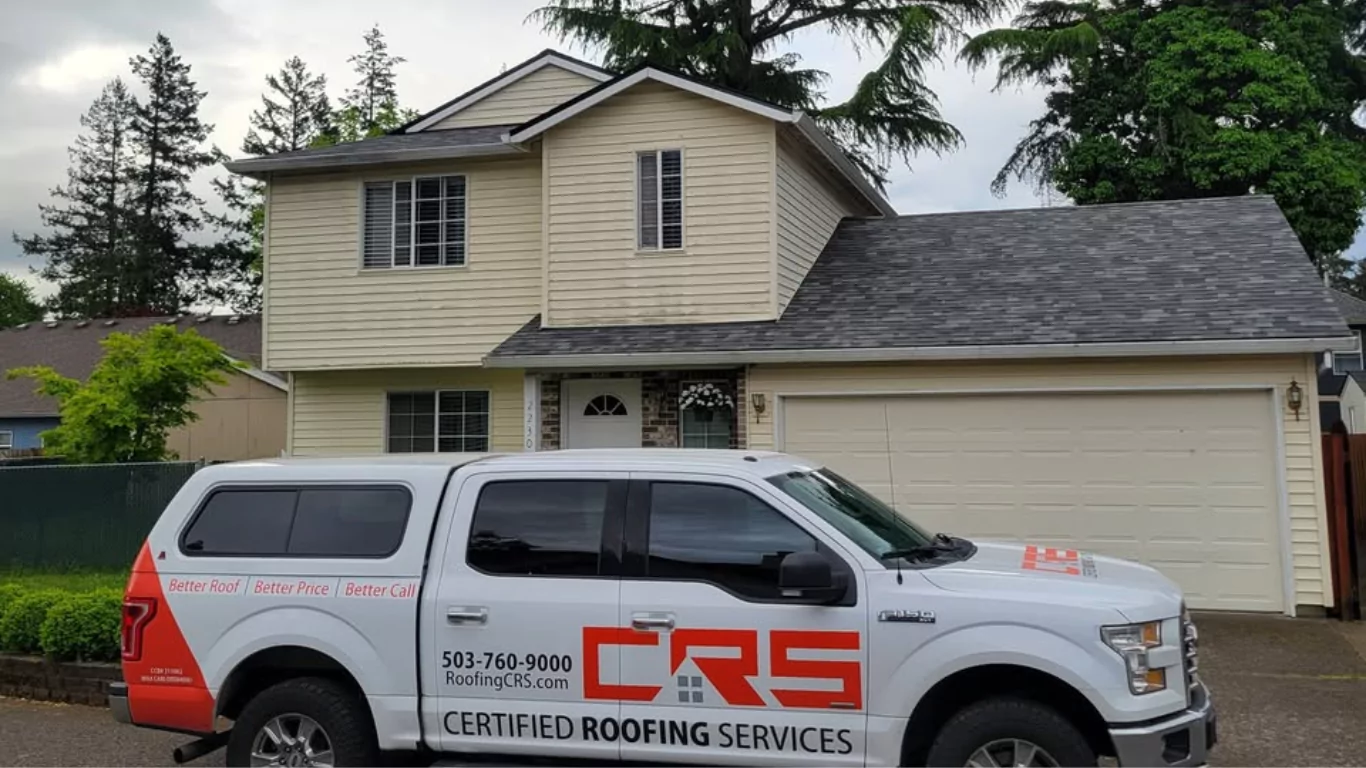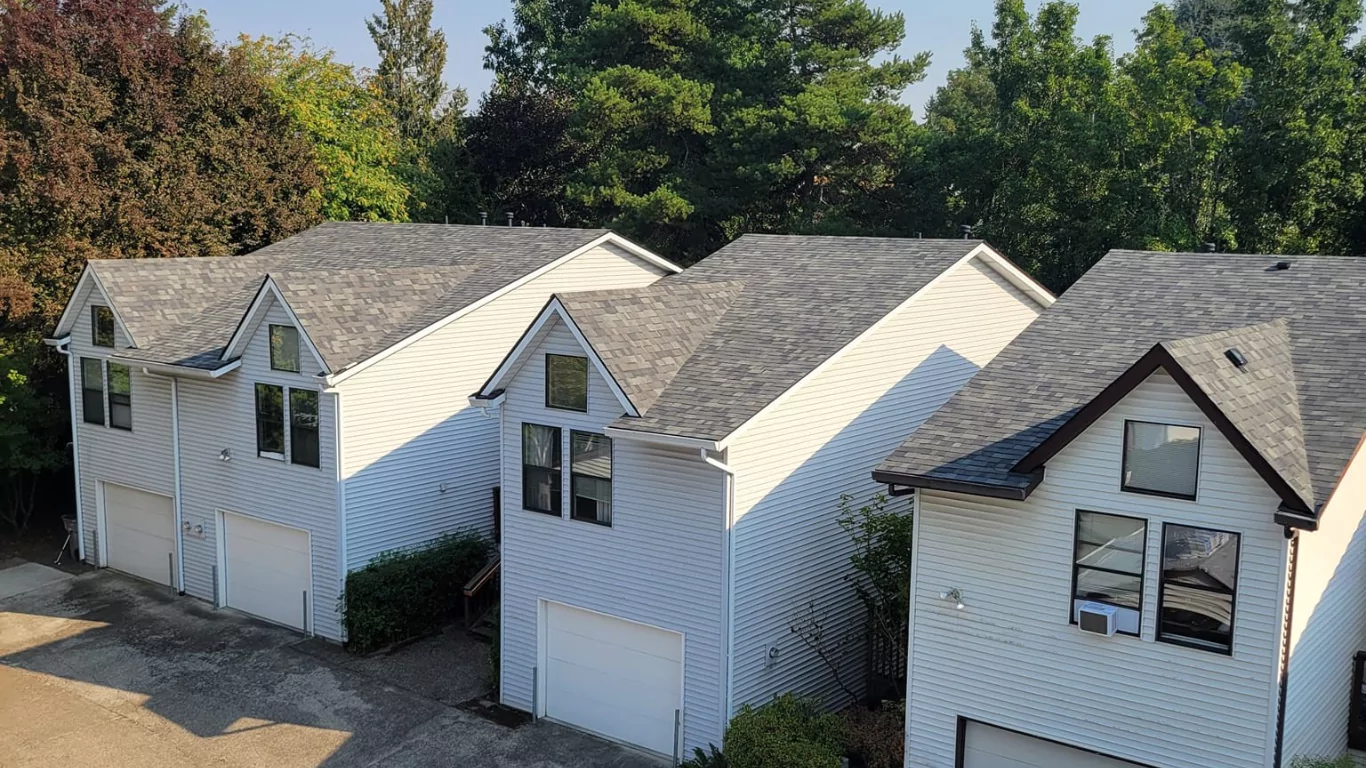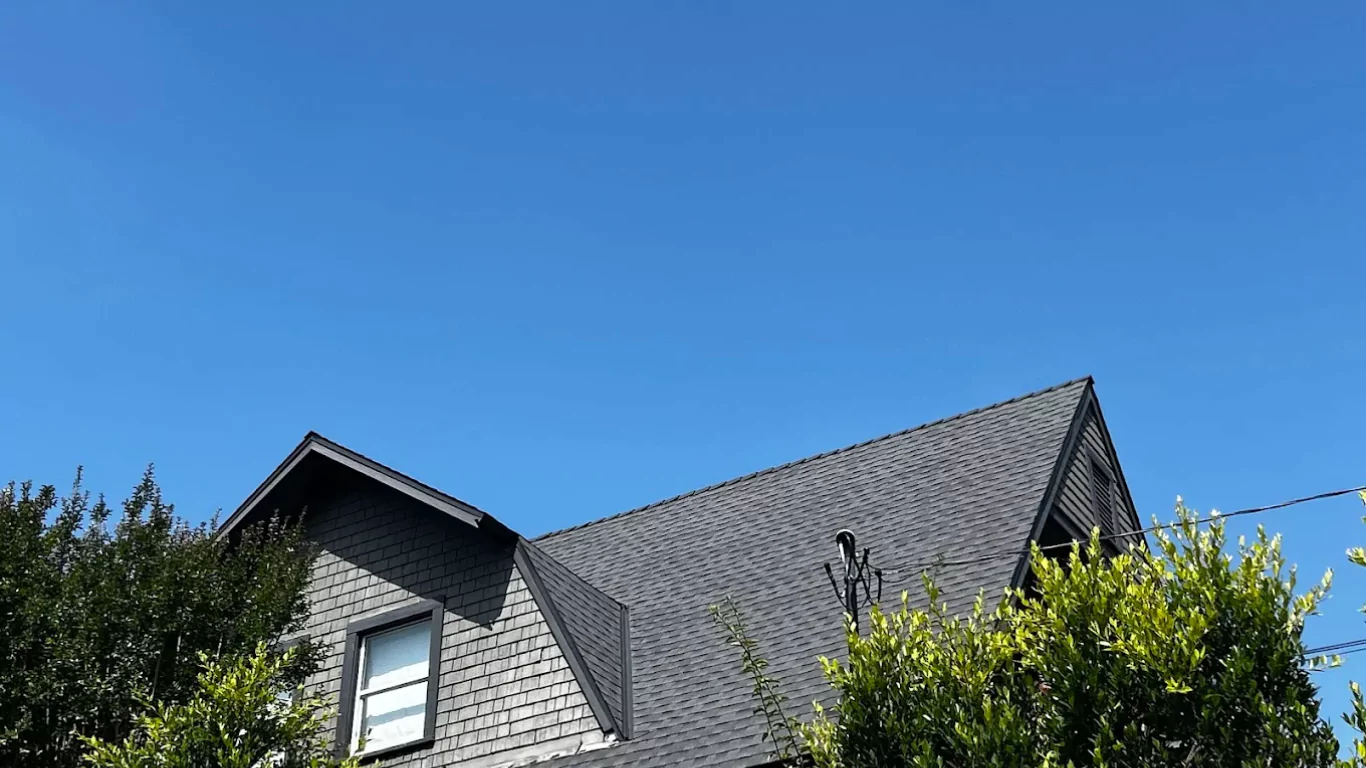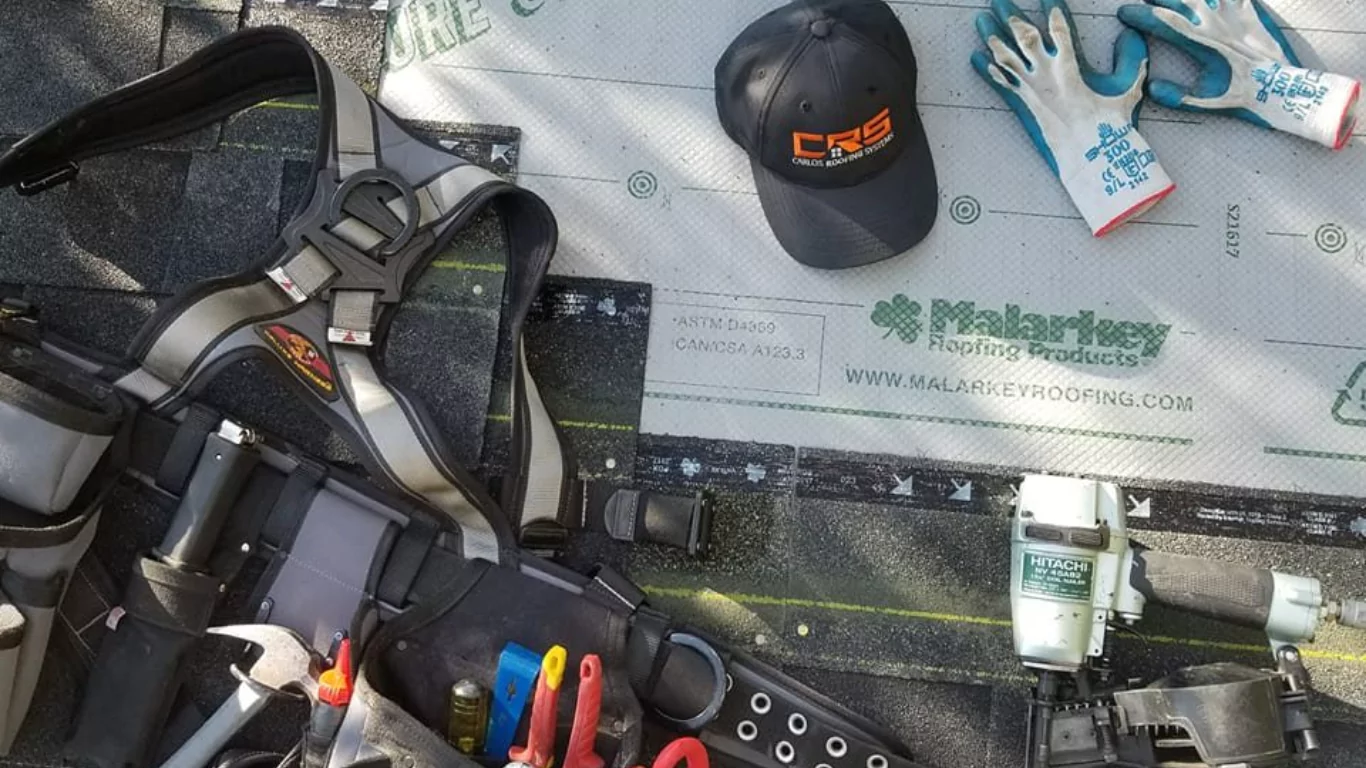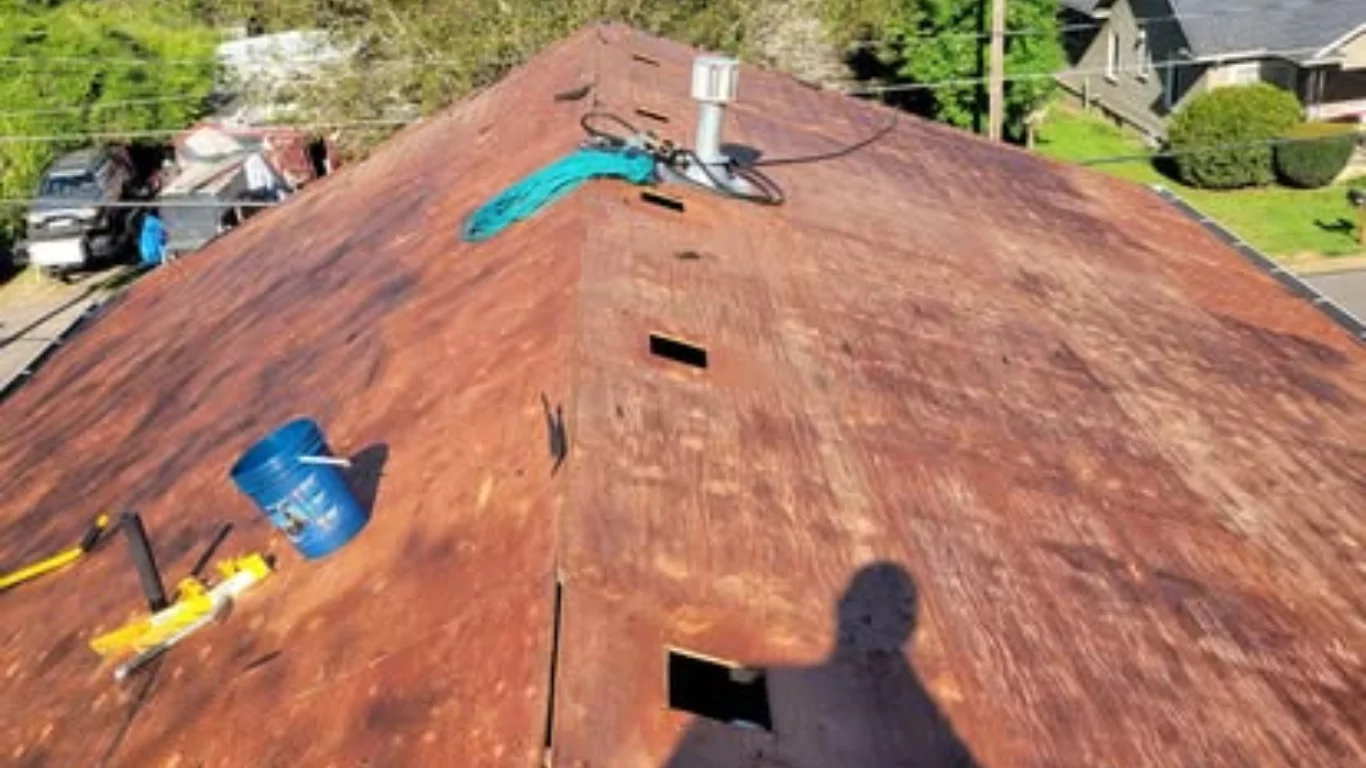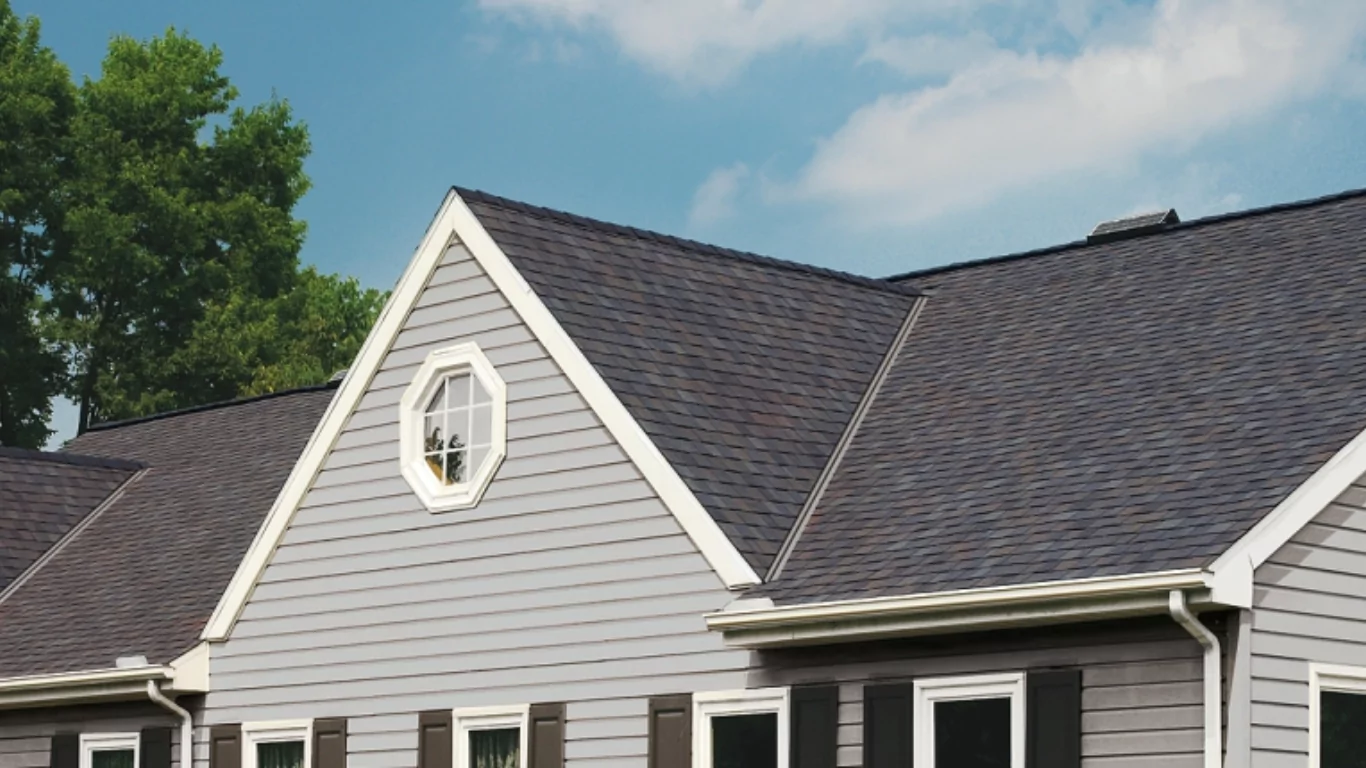Tile roofs are popular for their timeless appearance, durability, and excellent performance in various climates. Whether made of clay, concrete, or slate, tile roofs can last 50+ years with proper care.
But that longevity depends on smart maintenance.
This guide is for homeowners, property managers, and DIY enthusiasts who want to protect their investment. You’ll learn how tile roofing works, signs of damage, common repair methods, and when to call a professional.
Certified Roofing Services provides trusted tile roof repair throughout the region.
Section 1: Understanding Tile Roofs
1.1 What is a Tile Roof?
Tile roofs are constructed using:
Clay tiles – traditional, natural, long-lasting.
Concrete tiles – affordable, heavier, strong.
Slate tiles – elegant, costly, extremely durable.
Performance varies by climate. Clay and slate excel in hot, dry regions. Concrete works well in diverse climates but requires reinforced structures.
Average lifespan:
Clay: 50–100 years
Concrete: 40–75 years
Slate: 75–150 years
Each type requires unique handling during repairs.
1.2 Pros and Cons of Tile Roofing
Advantages:
Fire-resistant – a major benefit in wildfire-prone areas.
Insulating – improves energy efficiency.
Visually appealing – enhances curb appeal and home value.
Drawbacks:
Heavy – may need structural reinforcement.
Costly – higher upfront cost than asphalt shingles.
Repairs can be complex – specialized tools and knowledge are often needed.
1.3 How Tile Roofs Are Constructed
Tile roofs consist of layered components:
Decking
Underlayment – waterproof barrier
Battens – horizontal strips holding tiles
Tiles
When a tile breaks, it may expose the underlayment. If that layer fails, leaks occur. Understanding this system is key to effective repairs.
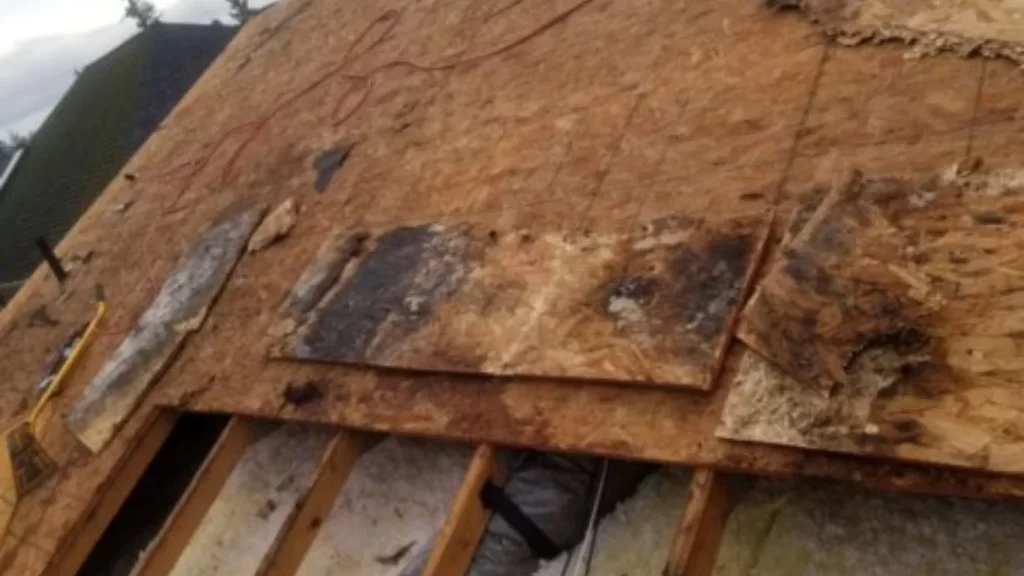
Section 2: Signs Your Tile Roof Needs Repair
2.1 Visible Tile Damage
Look for:
Cracked tiles
Slipped tiles
Missing sections
These create openings that let in water and pests. Even one damaged tile can compromise the system.
2.2 Water Leaks & Stains
Interior stains on ceilings or walls may mean water is entering through damaged areas.
If not addressed early, leaks can cause:
Rot
Mold
Insulation damage
2.3 Moss, Algae, and Debris Buildup
Organic growth traps moisture and degrades tiles.
Debris clogs gutters and leads to overflow.
Routine cleaning helps maintain the roof’s integrity.
2.4 Sagging Rooflines or Structural Issues
Tiles are heavy. Over time, poor construction or water damage can weaken the structure, causing visible sagging or bowing.
This may indicate rot or pests in the substructure.
2.5 Age of the Roof
If your roof is 20+ years old, especially without regular maintenance, it may be time to assess its condition.
Schedule an inspection with Certified Roofing Services for peace of mind.
Section 3: Common Tile Roof Repairs Explained
3.1 Replacing Broken or Slipped Tiles
A straightforward but crucial fix.
The process:
Remove broken tile
Inspect underlayment
Slide in new tile
It preserves the roof’s water barrier.
3.2 Repairing or Replacing Underlayment
Most hidden leaks stem from failed underlayment.
Technicians must lift surrounding tiles to replace the layer.
It’s labor-intensive but essential for waterproofing.
3.3 Flashing Repairs
Flashing surrounds:
Chimneys
Vents
Skylights
If compromised, it allows water entry.
Sealant or metal replacement may be required.
3.4 Gutter and Drainage Fixes
Clogged or damaged gutters can cause roof overflow and tile damage.
Keep them clear to prevent avoidable repairs.
3.5 Structural Repairs
If tiles sag or framing rots, deeper structural fixes are needed.
This may involve:
Rafter replacement
Fascia repair
Pest remediation
Always handled by professionals like Certified Roofing Services.
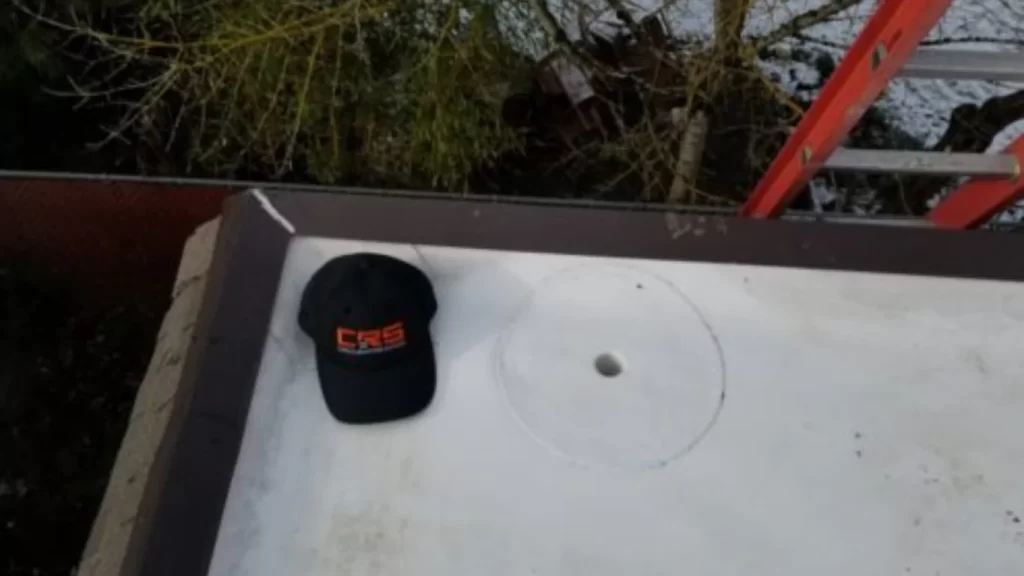
Section 4: DIY vs. Professional Tile Roof Repair
4.1 When You Can DIY
Suitable for:
Replacing one or two tiles
Cleaning debris and moss
Minor flashing reseal
Use proper safety gear and walk pads to avoid cracking tiles.
4.2 When to Call a Professional Roofer
Call Certified Roofing Services when:
Leaks persist
Multiple tiles are broken
Structural damage is suspected
You lack the proper tools or training
We handle repairs safely and efficiently.
4.3 Costs of Professional vs. DIY Repairs
DIY tile replacement may cost under $50 per tile.
Professional repairs range from $200–$2,500 depending on:
Roof size
Damage scope
Material type
Inspections are often free or low-cost with Certified Roofing Services.
4.4 How to Choose a Qualified Roofing Contractor
Look for:
Licensing & insurance
Verified reviews
Tile roof specialization
Transparent pricing
Avoid any contractor that pressures or withholds details.
Section 5: Preventative Maintenance Tips
5.1 Seasonal Tile Roof Inspections
Check after:
Storms
Wind events
Heavy snowfall
Look for cracks, loose tiles, and clogged gutters.
5.2 Cleaning and Debris Removal
Use a soft broom or blower.
Avoid pressure washers, which may dislodge tiles.
5.3 Checking Flashing and Gutters
Inspect twice per year.
Clear leaves, check seals, and ensure water flows off the roof properly.
5.4 Documenting and Tracking Repairs
Keep a repair log.
Note:
Date of service
Type of work
Contractor details
Use our checklist to stay organized.
Section 6: Download Your Free Tile Roof Repair Checklist
6.1 What’s Included
Visual inspection points
Seasonal maintenance reminders
Repair tracking fields
Ideal for homeowners and property managers.
6.2 How to Use It Effectively
Review monthly or after major storms
Check off items as completed
Share with your roofer before appointments
6.3 Download Button/Link
Keep your roof protected year-round.
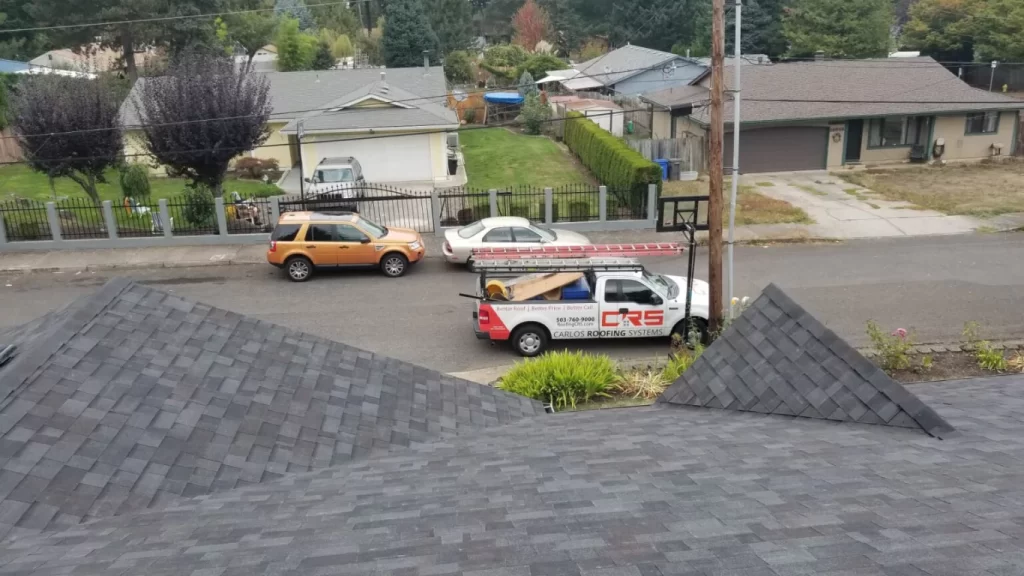
Conclusion
Tile roofs are built to last—but only with proper care.
Know what to watch for.
Fix problems early.
Schedule regular inspections.
Certified Roofing Services is your go-to partner for tile roof repair and maintenance.
📞 Contact us today for a free estimate or roof inspection.

